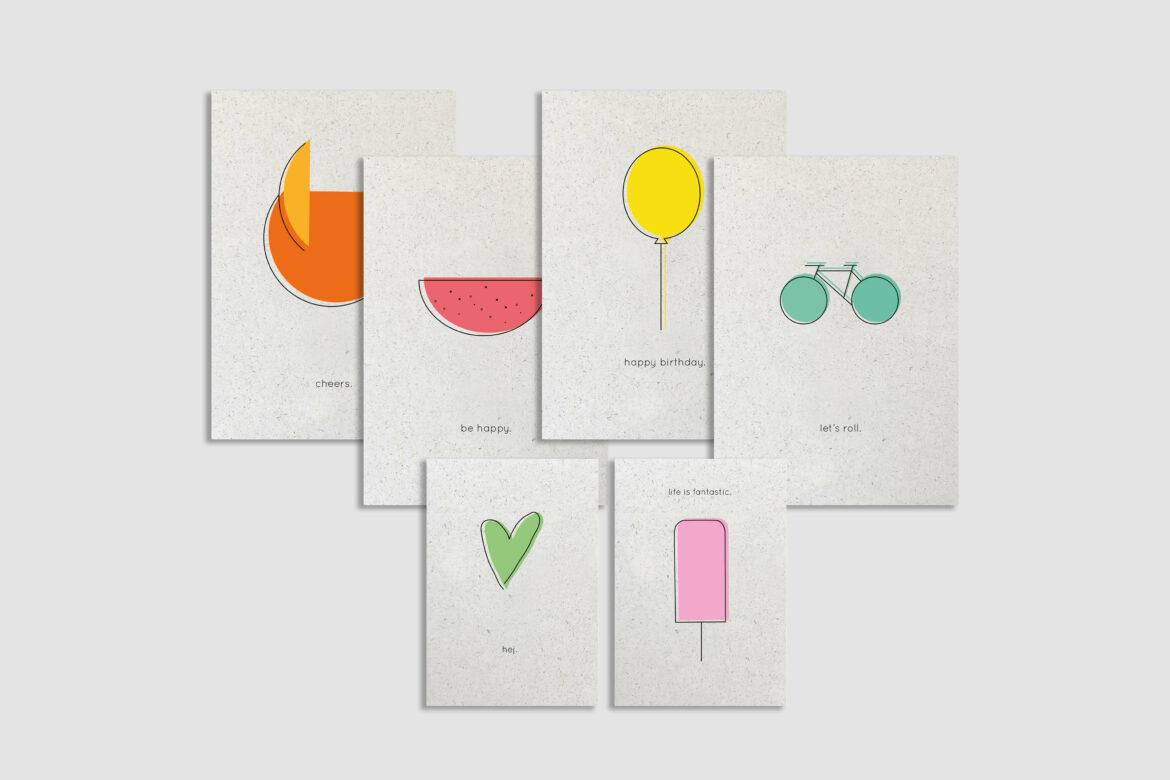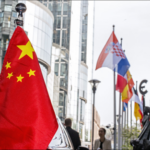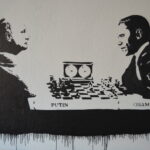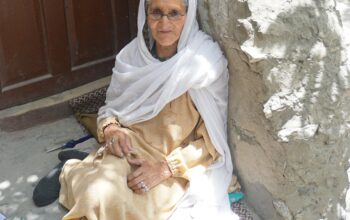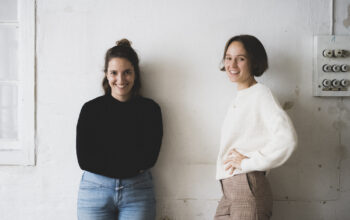Climate change and the Covid-19 pandemic are just the latest examples of fundamental threats to our current world order. Even though threats are usually seen as something negative and frightening, they might also bring some positive aspects with them. Often, they are merely mirroring the malfunctions of our world, highlighting all that is disastrous, wrong or ineffective within a system. Yes, climate change is slowly turning our earth into a degraded and inhabitable planet, and it is true that the corona virus is responsible for millions of deaths and a complete turn-over of our lives compared to as we have used to live them. But nevertheless, in all their dreadfulness, they have the potential of changing our world to the better. By inspiring creative and innovative minds to come up with solutions of how we can not only fight threats but avoid them altogether through the creation of a stronger, more just and more sustainable system.
These days you often hear politicians, economists and leaders of civil society claiming that the world after Covid-19 will be an entirely different one. Especially in economic terms, the voices calling for a fundamental system change are becoming louder and louder. Many people are suffering from the socio-economic effects the pandemic has brought upon them and which the system has failed to prevent. Millions of people all over the world lost their jobs, their home, and presumably a good deal of their social life and contacts, which resulted in yet another plague: a growing mental health pandemic.
How can we reorganize and rebuild the structures of our world then, to better deal with such hazardous threats such as climate change and pandemics in the future?
Even though Sweden might have not been the most exemplary model to follow in terms of its management of the Covid-19 pandemic, the country might be on the right track when it comes to reimagining of how a sustainable political economy could look like.
Earlier this year, Sweden announced that it is in the midst of transitioning to a circular economy.
At the core of the nation’s strategy is a vision: “A society in which resources are used efficiently in toxin-free circular flows, replacing new materials.”
But for effective systematic and sustainable changes to actually occur, a simple top-down approach will not be enough. Initiatives from both the state, everyday citizens and the business sector are needed for a fundamental and wide-ranging transformation.
Pike & Hurricane had the opportunity to talk to alumnis from Malmö University whose startup is a telling example for what a business model within the circular economy could look like. Katha, Lissy and Ellen are three friends that got to know each other during their time in Malmö. Together they founded sveeka, a startup that makes sustainable postcards from grass paper.
Pike & Hurricane: Tell us a bit more about sveeka and how you came up with this unusual idea.
sveeka: One of us (Katha) already knew about grass paper before as it is being produced close to her hometown. She wanted to do something with it to raise awareness for this great alternative paper.
When we were brainstorming for the first time about what could be a good product to start a business with, we decided on postcards as the most practical option. We didn’t need a big amount of money to get it going, nor a big storage space. The production was easy and also the shipping to our customer was quite manageable.
So that’s how we started with postcards!
Now for our Christmas edition we made foldable cards as well and we are looking forward to what the next year will bring…
P&H: Have you heard about the circular economy before? In what way did this influence your business concept?
s: We definitely heard of it before and especially Lissy is quite a fangirl when it comes to the concept of circular economy. We first got introduced to it when we did a field trip back in Malmö where we visited Repamera, a circular clothes repairing business whose founder also started the initiative Circular Monday (former white Monday).
When creating our products, sustainability was always included in our decision-making process but it never occurred to us that our product could be circular.
When we randomly got in contact with the Circular Monday team they reassured us that we are actually providing not only a sustainable but a circular product – and therefore sveeka can be a Circular Monday buddy alongside other popular companies like toogoodtogo, hejhej mats, Recup, wye and many others. As we are using grass and recycled paper for our postcards they are falling under the circular category of “reusing”.
P&H: Where are the buyers of sveeka postcards located?
s: Most of our customers are located in Germany, that is also where we have the most retailers selling our postcards. Nevertheless, we have also had customers from Austria, Sweden, Switzerland and the Netherlands.
P&H: Katha and Lissy, you are from Germany, Ellen is Dutch but grew up in Germany… however you started your business while you were all studying in Sweden, one of the first countries that has committed to transforming to a Circular Economy. Do you think there is a difference regarding mentalities of sustainability between Germany and Sweden?
s: Maybe Sweden is a bit more connected to sustainability as there is more nature around and people live more in the countryside and are doing outdoor activities, but you can see that Sweden is already ahead when it comes to the circular economy. For example, providing citizens with tools such as “smarta kartan” to live more sustainably and to use circular offers in a city is a great initiative that we haven’t seen in Germany in the same way.
In general, we are super happy to see that the circular economy is getting more known all over the world, including Germany, and initiatives like Circular Monday and new startups working within the circular economy are definitely a big reason why.
P&H: In your starting phase, sveeka was supported by Drivhuset, the Malmö University’s support team for student start-ups. How big of an impact do you think that had for sveeka’s success? Do you think you would have gotten similar support in Germany?
s: It was great to have somebody to talk to and to get honest and professional feedback for our ideas. If we would have founded the company officially in Sweden it would have helped us even more, as getting businesses off the ground is their daily business.
There are similar support organizations in some German universities but having Drivhuset already around, coming to lectures, holding events and reminding students to apply for grants and to take part in boot camps definitely leads to an entrepreneurial spirit at Malmö University which also encouraged us to just start our own business.
P&H: How is sveeka doing now? What is your vision for the future?
We are super proud that we have sold all of our Christmas cards and will now work on our next collection. We also started doing personalized design for companies and private people. Moreover, we are thinking about expanding our portfolio, but we do not know yet if that is going to happen already in 2021. After all it is our hobby, and we need to work our normal jobs next to it as well.
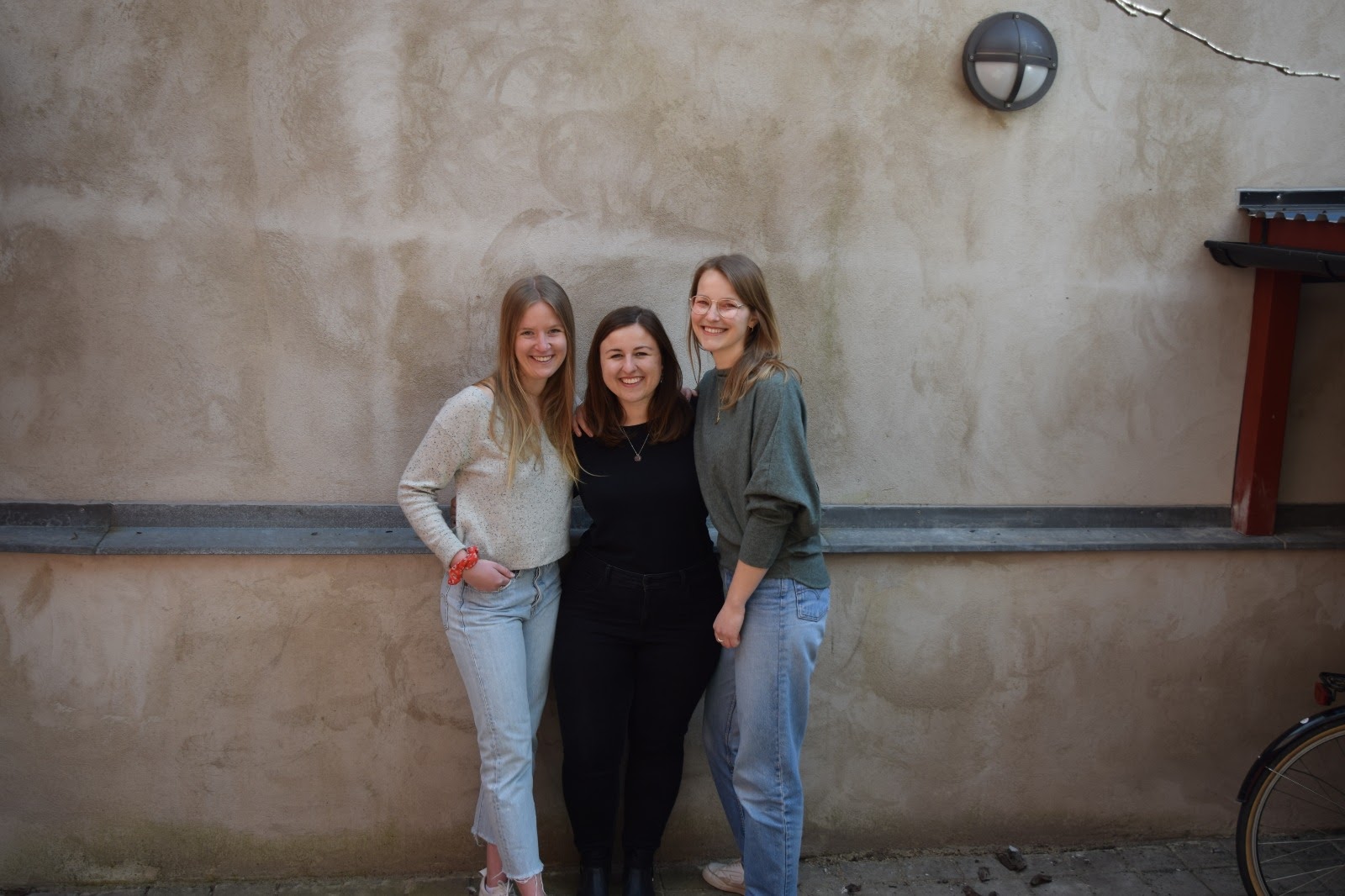
Related articles:
